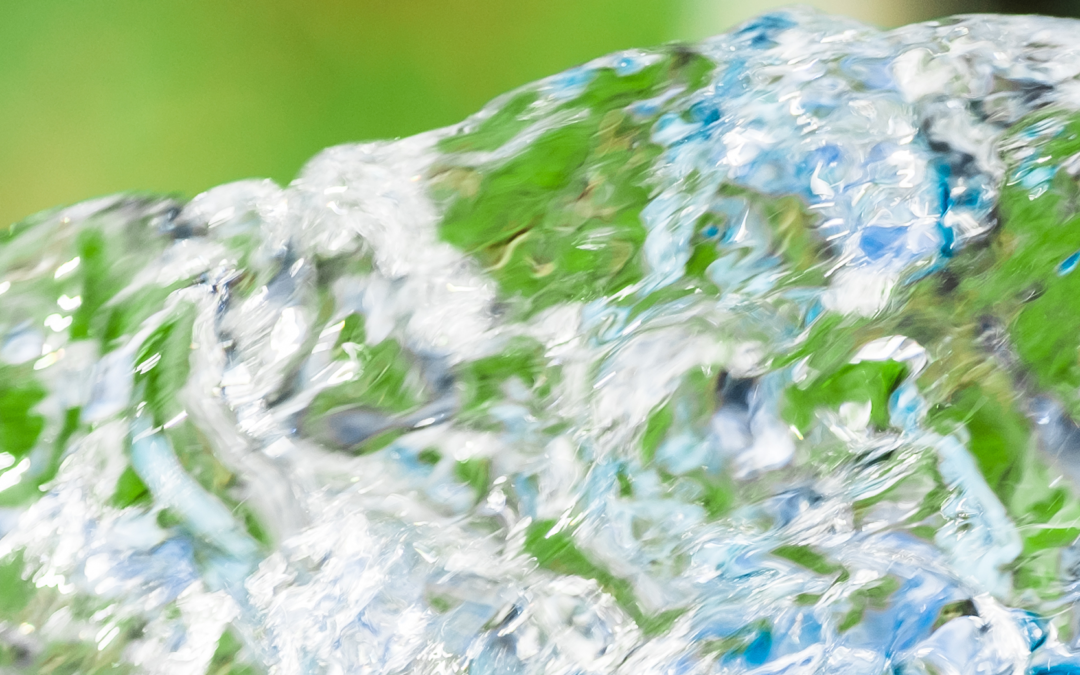Whether you’re interested in cutting your dependence on mains water or you want to save money on water bills, rain harvesting offers an ideal solution.
No wonder, then, that you’ll see so many rainwater tanks in suburban areas.
Even if you’re not interested in using your rainwater for drinking, you can still save significant volumes of mains water (and the accompanying charges) by using rainwater for these five simple tasks.
Watering your garden
The benefits of using rainwater for watering your garden are three-fold.
To begin with, rainwater is “softer” than most tap water. It tends to have fewer salts and less chlorine, fluoride, calcium and added chemicals, making it better for your plants.
Because the cost of rainwater is almost entirely tied up in the initial setup costs for your Rain Harvesting system, you can also use rainwater to water your garden as often as you want, without worrying about how it will affect your water bills.
And during times of drought and mains water restrictions, rainwater ensures you can keep watering your garden, business as usual, rather than being forced to watch your garden shrivel while you wait for the drought to break and the restrictions to end.
Washing your car
Rainwater is also ideal for washing your car.
Using your rainwater for this task lets you keep your vehicle clean without worrying about your water bills. It also drought-proofs your car washing regimen, allowing you to keep washing your car while everyone else is shackled by mains water restrictions.
Just make sure your water is adequately filtered to make it appropriate for this task.
Flushing your toilets
Did you know that older toilets can use 9+ litres of water per flush? Even more modern options can still use more than 3 litres per flush.
Faced with these numbers, it’s pretty obvious that using rainwater for flushing your toilets can bring significant water – and water bill – savings.
And if you combine your system with an efficient, dual-flush commode, you’ll still be saving on your rainwater use too.
Doing your laundry
Another excellent use for rainwater is washing your clothes.
This can save tens of thousands of litres of mains water a year, representing a pretty sizeable cost saving, too.
Once again, however, it’s important to ensure that your water is adequately filtered to extend the life of your washing machine and protect your clothes from discolouration.
Topping up your pool
While using a pool cover will certainly minimise evaporation from your pool, every pool still needs topping up now and then.
Clean, properly filtered rainwater is ideal for this task and will keep your pool filled to the brim even in the face of mains water restrictions.
For best results, we suggest topping up your pool in the evening so your pool treatment system has all night to work on it.

